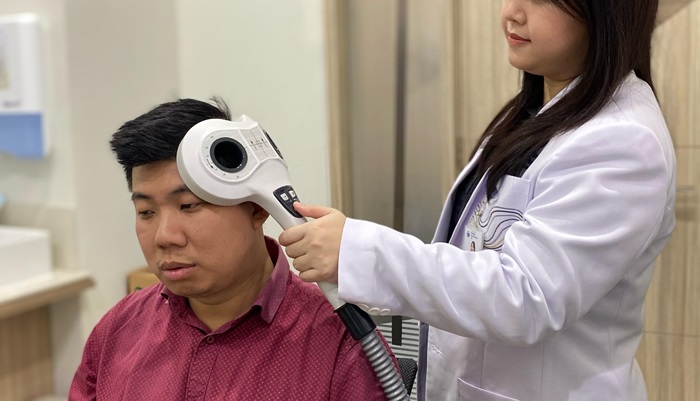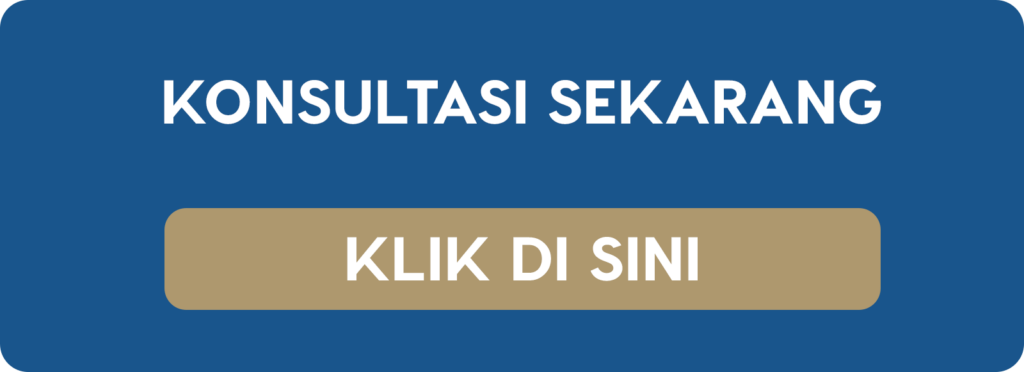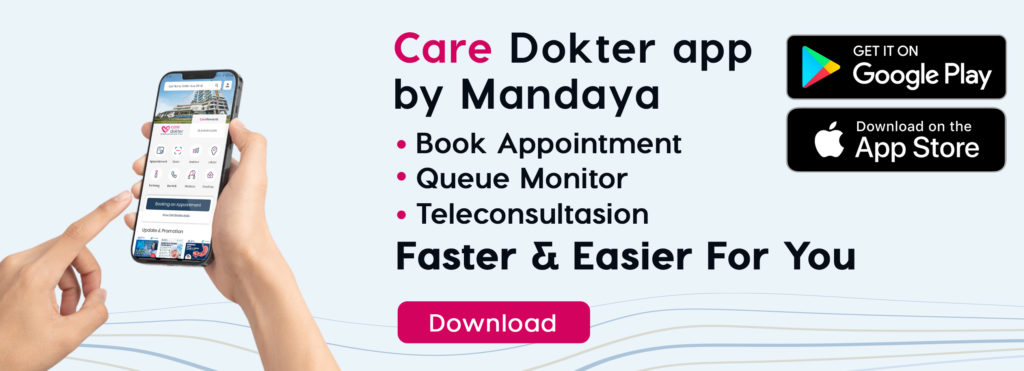Mandaya Royal Hospital Puri provides 14 and 30-day stroke therapy programs using advanced neurorestoration technology, one of which is Transcranial Magnetic Stimulation (TMS). This sophisticated neurorestoration technology helps recover nerve functions that are lost or damaged due to stroke.
Contents
The Role of Transcranial Magnetic Stimulation (TMS) in Stroke Rehabilitation
Neurorestoration is a field focused on restoring nerve functions that have been lost or damaged due to injury or disease, such as stroke. Neurorestoration includes a variety of strategies, from cell therapy, gene therapy, and biomaterials to electrical stimulation and computer-based approaches. At Mandaya Royal Hospital Puri, one of the neurorestoration technologies used is Transcranial Magnetic Stimulation (TMS).
As part of the 14 and 30-day stroke therapy programs, stroke patients can undergo TMS procedures.
TMS is a non-invasive treatment that uses electromagnetic pulses to stimulate nerve cells. This technology can improve symptoms of neurological disorders, including stroke, as well as mental health conditions.
In addition to stroke, TMS can also treat conditions such as:
- Depression
- Obsessive-Compulsive Disorder (OCD)
- Anxiety Disorders
- Post-Traumatic Stress Disorder (PTSD)
- Motor dysfunction due to Parkinson’s Disease and Multiple Sclerosis (MS)
How Does Neurorestoration Technology Like TMS Help Stroke Patients?
Stroke occurs when blood flow to the brain is blocked or reduced, leading to the death of brain cells. This can result in long-term muscle movement loss.
TMS used post-stroke can help improve motor recovery. Researchers believe that magnetic impulses from TMS can modify activity in the motor cortex—the part of the brain that controls voluntary movement.
A 2017 journal article also revealed that TMS can improve swallowing difficulties after a stroke by stimulating the motor cortex.
Advantages of TMS Neurorestoration Technology for Stroke Therapy
TMS is seen as a new hope for stroke patients due to its many benefits, including:
- Non-invasive: Stroke patients do not need surgery for TMS therapy. No anesthesia is required, and patients can return to activities immediately after the session.
- Safe: Side effects of TMS are usually mild, such as headaches, discomfort, tingling, or tinnitus (ringing in the ears). Serious side effects like seizures are extremely rare (less than 0.01%).
- Effective: A 2017 study proved that TMS can improve swallowing difficulties in stroke patients by stimulating the motor cortex.
- Compatible with other treatments: TMS can be combined with other therapies, providing more comprehensive and optimal post-stroke care.
14 & 30-Day Stroke Therapy Programs at Mandaya Royal Hospital Puri
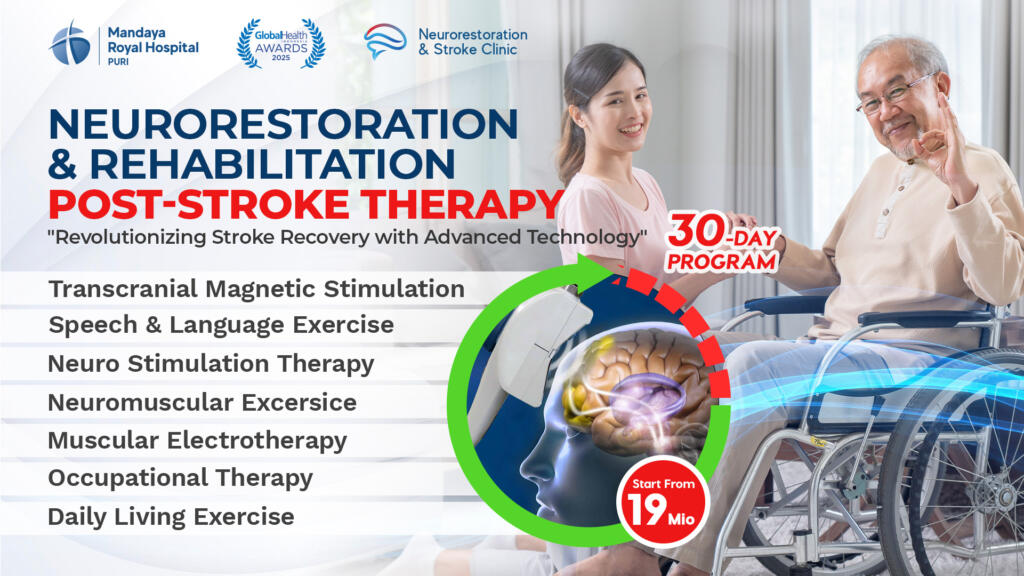
Mandaya Royal Hospital Puri offers intensive post-stroke therapy programs in two options—14 and 30 days—allowing patients to choose based on their needs and conditions.
In addition to neurorestoration technology like TMS, the 14 & 30-Day Post-Stroke Therapy Programs also include a variety of therapies, such as:
- Neurologist consultations
- Physical medicine & rehabilitation specialist consultations
- Neurostimulation Therapy
- Neuromuscular exercises
- Muscular Electrotherapy
- Occupational & Daily Living Therapy
- Speech & Language Exercises
At Mandaya Royal Hospital Puri, TMS procedures are performed by experienced neurologists, including Dr. dr. Yetty Ramli, Sp.N (K), Dr. Djung Lilya Wati, Sp.N, and Dr. Pukovisa Prawiroharjo, Sp.N (K), Subsp.NGD, PhD.
There are at least 8 neurologists at Mandaya Royal Hospital Puri. These doctors are available from Monday to Saturday. In emergencies, neurologists are on standby 24/7 at the hospital.
Stroke Screening Packages at Mandaya Royal Hospital Puri
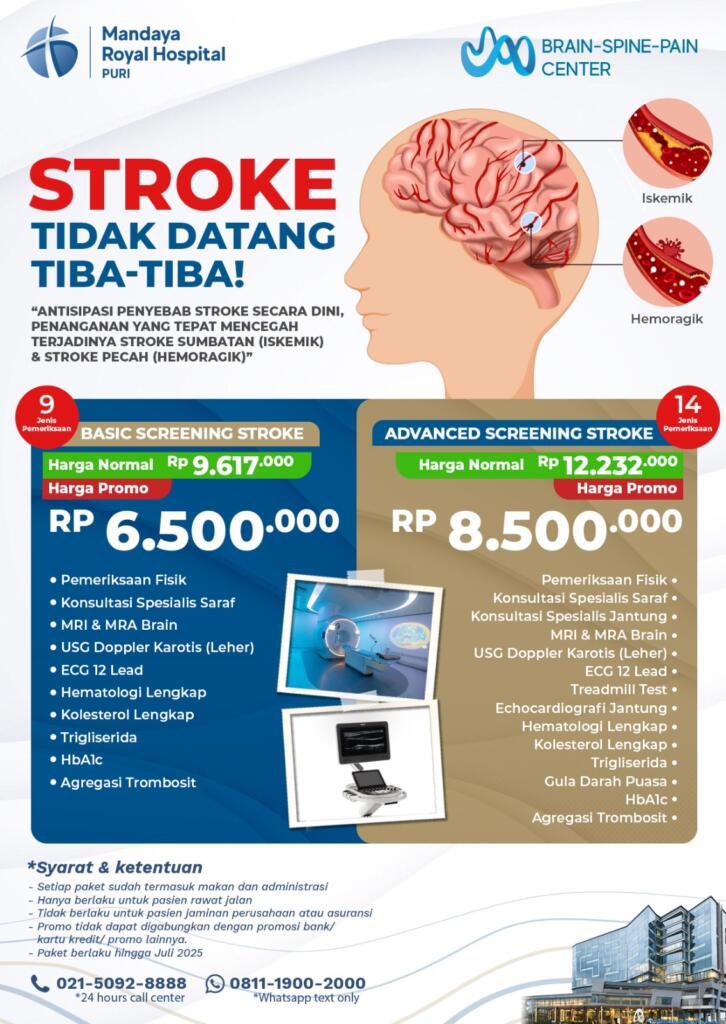
Stroke is not a disease that strikes suddenly. Therefore, it’s important to undergo stroke screening to prevent this potentially fatal disease in the future.
Mandaya Royal Hospital Puri offers stroke screening packages (Basic and Advanced) tailored to your needs.
Are you interested in joining the 14 & 30-day post-stroke therapy programs at Mandaya Royal Hospital Puri? Use the chat feature via WhatsApp, Book Appointment, or the Care Dokter app—available on Google Play and the App Store—to simplify your visit, check your queue number, and access complete information.

